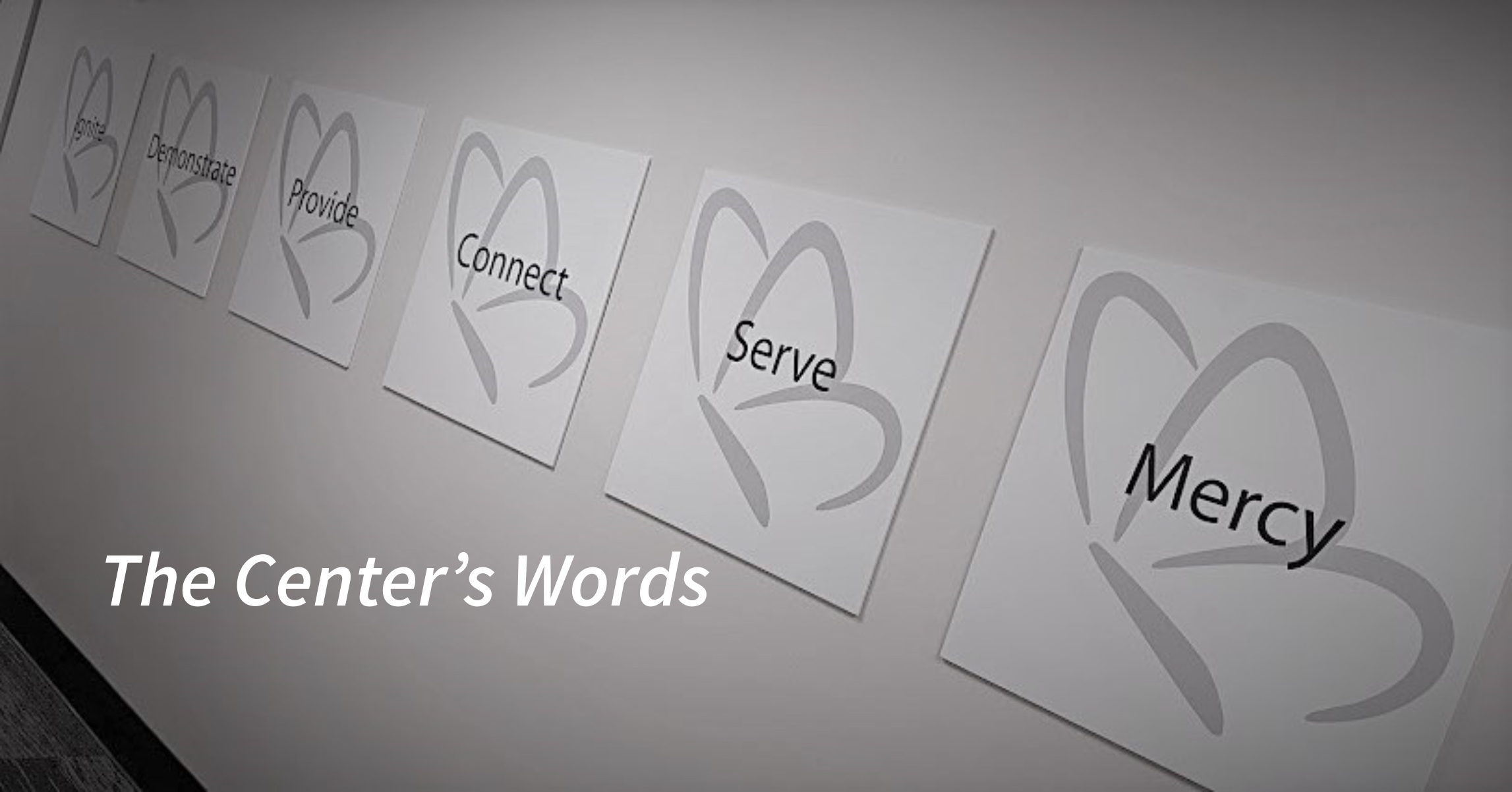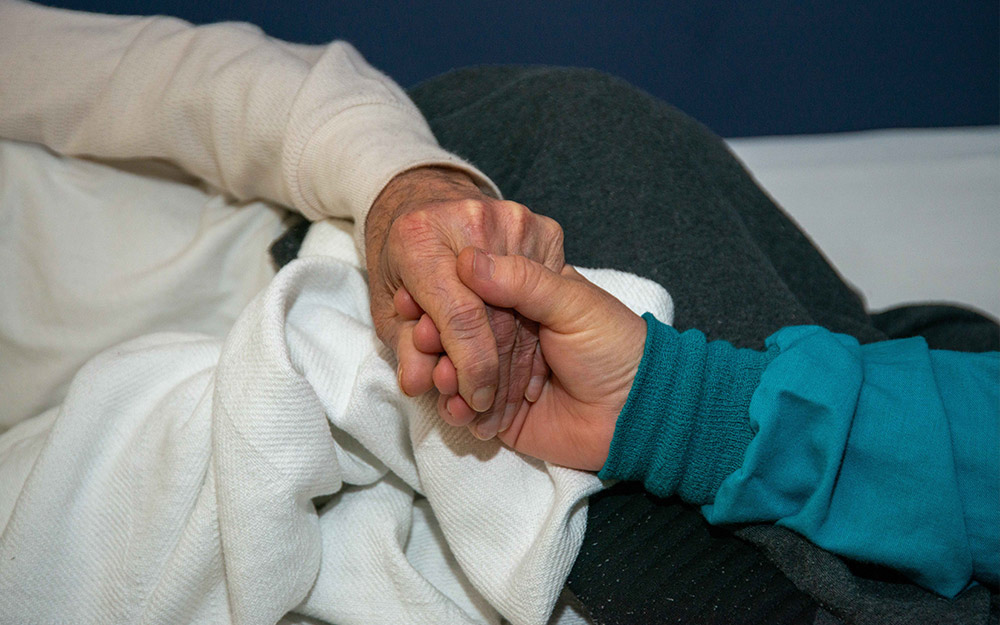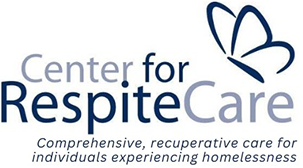
Serving a diverse community of clients experiencing illness and homelessness

- Key factors can include the lack of adequate income, access to affordable housing and health supports and/or the experience of discrimination. Shifts in the economy both nationally and locally can create challenges for people to earn an adequate income, pay for food and for housing.
- While life has generally improved for individuals in the LGBTQA community – there are still challenges. According to a recent study from Chapin Hall at the University of Chicago, LGBTQA young people are 120% more likely to experience homelessness than non-LGBTQ youth – the trend continues as individuals grow up.
- An injury or illness can start out as a health condition, but quickly lead to an employment problem due to missing too much time from work; exhausting sick leave; and/or not being able to maintain a regular schedule or perform work functions.
National Health Care for the Homeless Council Homelessness & Health: What’s the Connection? FACT SHEET February 2019
- Many victims face homelessness when they flee abusive homes. Their experiences are confounded by economic instability, often perpetuated by abusers. As of 2020, women account for 39% of those experiencing homelessness. The increasing rate of homelessness among women is exacerbated by high rates of domestic, physical, and sexual abuse.
National Network to End Domestic Violence www.nnedv.org
- Not since the Great Depression (1929-1939) have so many families been homeless in the United States. In the 1980’s, families accounted for less than 1% of those experiencing homelessness. Today, families account for almost 30%.
- According to a 2015 assessment by the U.S. Department of Housing and Urban Development, 564,708 people were homeless on a given night in the United States. At a minimum, 140,000 or 25 percent of these people were seriously mentally ill, and 250,000 or 45 percent had any mental illness. Rates of depression and suicide among homeless people are much higher than in the general population. According to the Canadian Population Health Initiative, up to 61% of homeless adults experience suicidal thoughts. Confidence and self-esteem are inevitably diminished by homelessness.
- Substance abuse often leads to homelessness. Addictive disorders disrupt relationships with family and friends and can cause job loss. For people struggling to pay their bills, the onset or exacerbation of an addiction may cause them to lose their housing. Many people stereotype the homeless population as all alcoholics or drug abusers. Although a high percentage of homeless people do struggle with substance abuse, addictions should be viewed as illnesses and require treatment, counseling, and support to overcome. Substance abuse can cause homelessness, but it often arises after people lose their housing.
Substance Abuse and Homelessness Published by the National Coalition for the Homeless June 2017
The Center for Respite Care serves a wide cross section of the community’s population –any and all adults who are experiencing homelessness and need a safe place to heal and recover. We are a place of healing and inclusion.
While the Center’s clients’ acute diagnosis is the primary concern, we have learned in our over 19 years of service that a healthy life for our clients relies on many factors. When new clients arrive at our door, they are often scared, in physical and emotional pain, and feel very alone. They are welcomed by our medical team, treated with respect, and caring, and a recovery plan is devised for them. Our primary focus has always been on physical health. However, many factors, like stability, support and community connection are critical aspects of the healthiest life which is where our extensive case management services come in.
Whatever one’s background, reasons for homelessness, or for one’s illness the core values of the Center for Respite Care abide. At the heart of our core values is the challenge to “Demonstrate mercy and compassion for all.”

